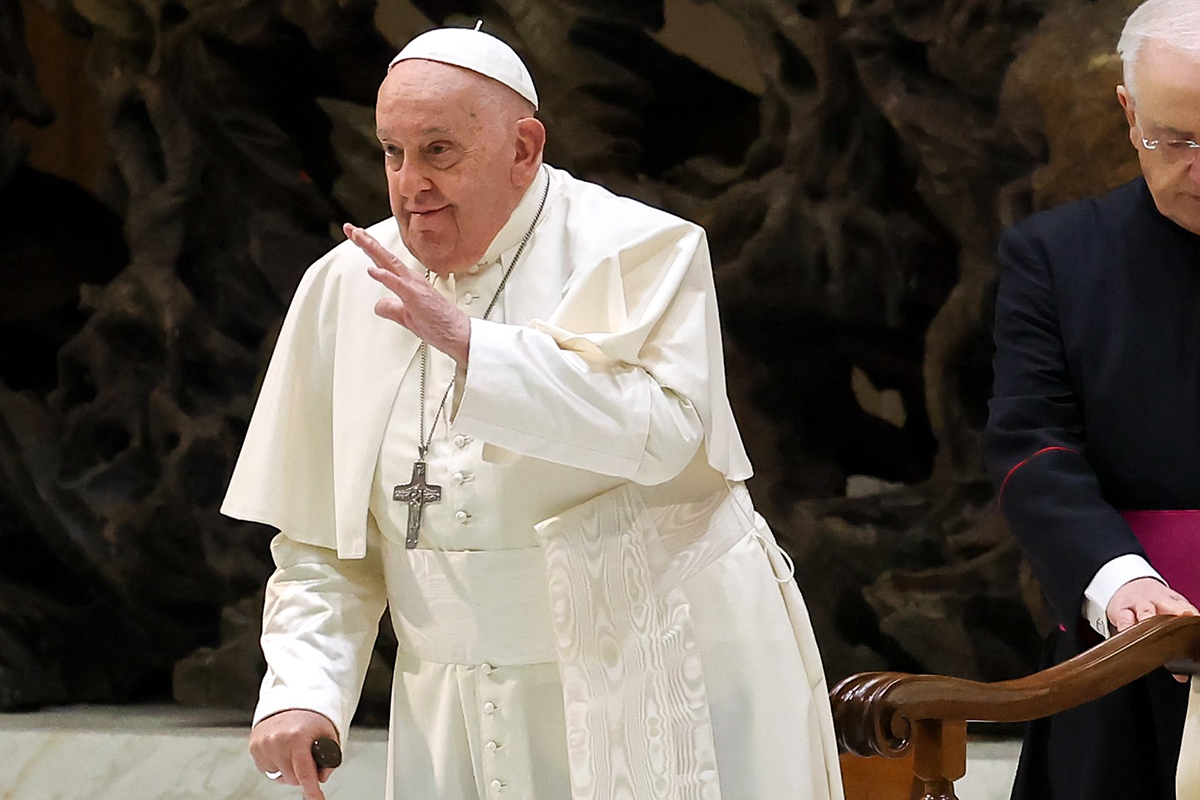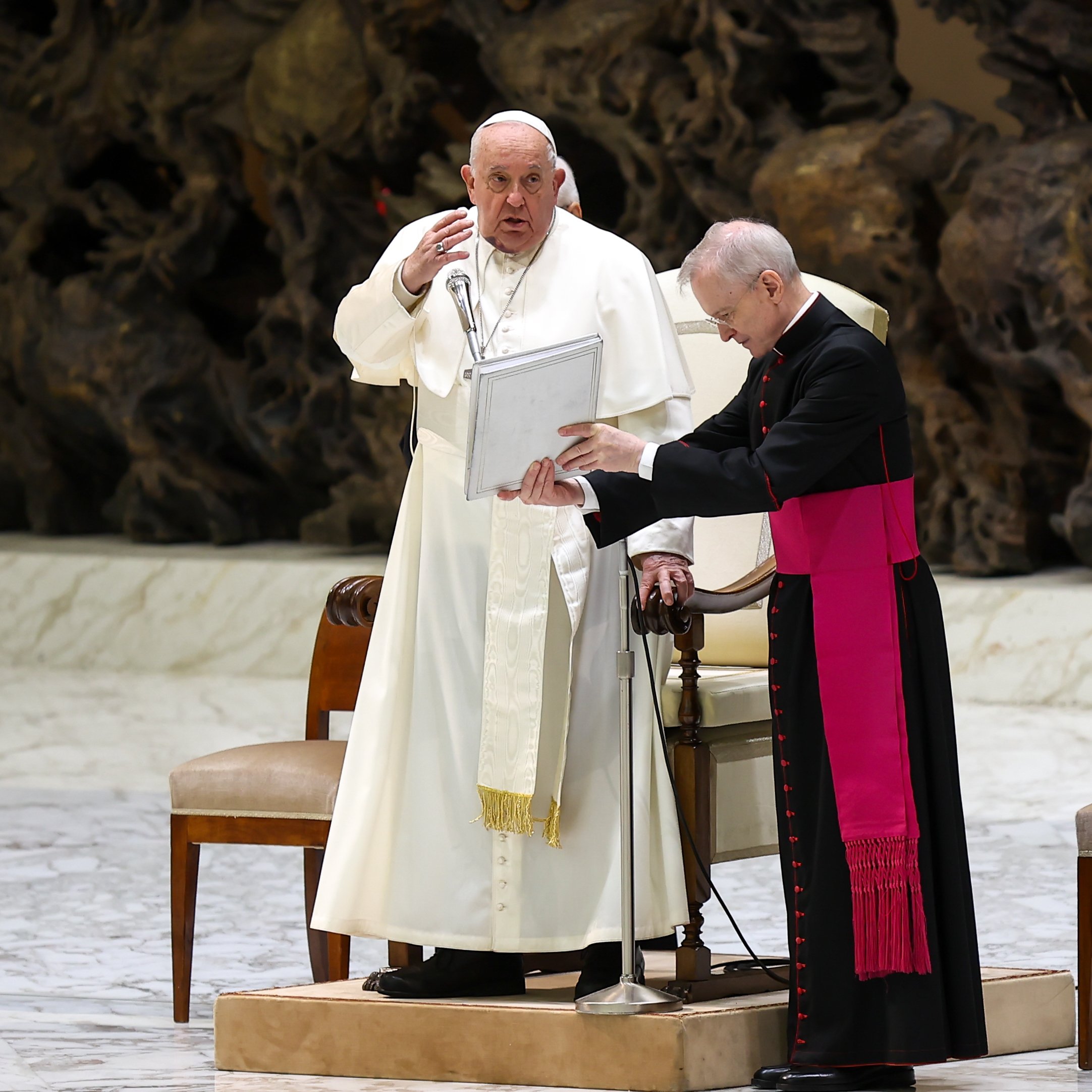SERVE THE LORD WITH GLADNESS | Make known to those around us the mystery of our new life in Christ
To be effective witnesses, the invitation needs to be rooted in our own experience

Dear brothers and sisters in Christ,
Consider the following quote:
“If the sacrament of the Lord’s passion (the Eucharist) is to work its effect in us, we must imitate what we receive and proclaim to mankind what we revere. The cry of the Lord finds a hiding place in us if our lips fail to speak of this, though our hearts believe in it. So that His cry may not lie concealed in us it remains for us all, each in his own measure, to make known to those around us the mystery of our new life in Christ.”
It feels like those words could have been written last week, with their focus on the Eucharist and evangelization. The truth is, they were written in the late 500’s by St. Gregory the Great!
Here are two points that come up in the readings this week that can help us “make known to those around us the mystery of our new life in Christ.”
The first is provided by the episode of the healing of Naaman the Syrian, who had leprosy. He was offended when Elisha told him to wash in the Jordan River, thinking, “What’s so special about this place? Couldn’t I just have washed in the rivers of my home country?”
When he was healed, however, he realized there is something special about this place, something that makes it different from every other place.
We can apply that same kind of thinking to the Eucharist. People ask: “Can’t I pray anywhere?” Our answer is: “Yes, but.” Yes, you can pray anywhere! But, there’s something special about praying before the Eucharist, something that makes it different from every other place.
Rather than scolding people who don’t realize that (yes, perhaps they should know better, but as a method of proclamation, scolding doesn’t bear very good fruit!), we can give people Elisha’s invitation. But here’s the key: To be effective, that invitation has to be rooted in our own experience! Then we can say, with full conviction: “Sure, you can pray anywhere and everywhere. I do. But there’s something different about praying before the Eucharist. Why don’t you come and find out for yourself?” That kind of invitation is a way “to make known to those around us the mystery of our new life in Christ.”
The second is a reflection on the one word “as.”
We hear Jesus tell the parable of the unforgiving servant this week, with this punch line: “Should you not have had pity on your fellow servant as I had pity on you?”
We pray the same key word in the Our Father: “Forgive us our trespasses as we forgive those who trespass against us.”
So I have just one question: What if other people talked about us as we talked about them. How would we like it?
How we talk about each other — even in disagreement — shapes the relational environment in which we live. And I’m afraid we create a lot of relational pollution! It also has a real spiritual effect on other people: It lifts them up or tears them down. We could do a better job being stewards of those spiritual effects.
How we talk about others — speaking of them with charity and dignity, even when we disagree with them — that’s another way “to make known to those around us the mystery of our new life in Christ.”






